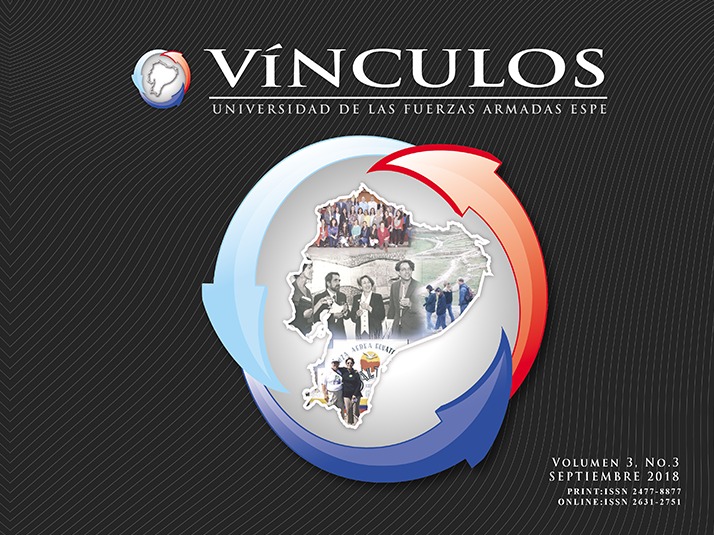Debating “Culture Loss” in Urban Indigeneity in the Metropolitan District of Quito, Ecuador
Main Article Content
Abstract
This article examines the modern, popularized discourse of “culture loss” in the urban indigenous community of Lumbisí, Ecuador. The political ideology of mestizaje that emerged in the mid-1970s-80s became the reigning nationalism of Ecuador well into the first decade of the 21st century. This ideology catalyzed conflicting discourses of “whitening” and narratives of “culture loss” from within white-mestizo populations towards indigenous ones. Over the course of 30 years, the foothold obtained by these discourses shaped urban indigeneity, for some like the Kitu-Kara, justifying their “culture loss” followed by the subsequent regeneration of indigenous identities and cultures. In this article, I examine the case of Lumbisí, where residents maintain a strong urban, indigenous identity, rooted in their land, ancestry and traditions, yet perceive cultural shifts and innovations from within their own community as steady “cultural loss.” I argue that the Lumbisí narrative of culture loss becomes a harsh self-critique that aligns with an unattainable notion of culture stasis rather than a natural process of shift and innovation.
Downloads
Article Details
Los autores que publican en esta revista están de acuerdo con los siguientes términos:
- Los autores conservan los derechos de autor y garantizan a la revista el derecho de ser la primera publicación del trabajo al igual que licenciado bajo una Creative Commons Attribution License que permite a otros compartir el trabajo con un reconocimiento de la autoría del trabajo y la publicación inicial en esta revista.
- Los autores pueden establecer por separado acuerdos adicionales para la distribución no exclusiva de la versión de la obra publicada en la revista (por ejemplo, situarlo en un repositorio institucional o publicarlo en un libro), con un reconocimiento de su publicación inicial en esta revista.
- Se permite y se anima a los autores a difundir sus trabajos electrónicamente (por ejemplo, en repositorios institucionales o en su propio sitio web) antes y durante el proceso de envío, ya que puede dar lugar a intercambios productivos, así como a una citación más temprana y mayor de los trabajos publicados.

